- Published on
- May 28, 2024
Understand Golf-related Injuries
All age-appropriate! But devil lies in the details
All age-appropriate! But devil lies in the details
GOLF is a popular sport enjoyed by people of all ages and skill levels. While it may seem like a low-impact activity, golfers are not immune to injuries. The repetitive motions, combined with the powerful swings and prolonged periods of standing, can lead to various golf-related injuries. In this article, we will explore some of the most common golf-related injuries, their causes and brief prevention strategies.
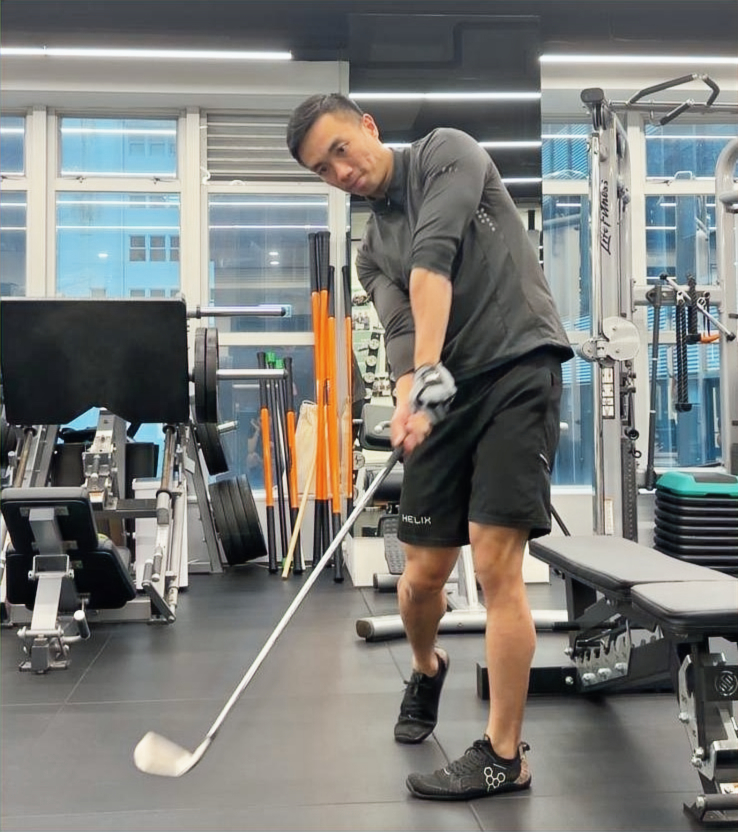
Golfer’s Elbow (Medial Epicondylitis)
Golfer’s elbow is a condition characterized by pain and inflammation on the inner inside of the elbow, where tendons of our forearm muscles attach to. It is caused by repetitive wrist and forearm movements during the golf swing, with torsional force being applied to medial elbow. To prevent golfer’s elbow, golfers should focus on learning proper leg-driven swing mechanics, warm up and stretch before playing, and incorporate exercises that strengthen the forearm muscles.
Golf-related Back Pain
One of the most prevalent complaints among golfers is back pain. The rotational forces generated during the golf swing can put stress on the spine, leading to muscle strains, herniated discs, or sciatica. To mitigate back pain, golfers should maintain good posture, engage in regular core-strengthening exercises, and avoid overexertion. Stretching before and after a round of golf can also help alleviate tension in the muscles. Treatment may involve rest, physical therapy, anti-inflammatory medication, and in severe cases, surgery.
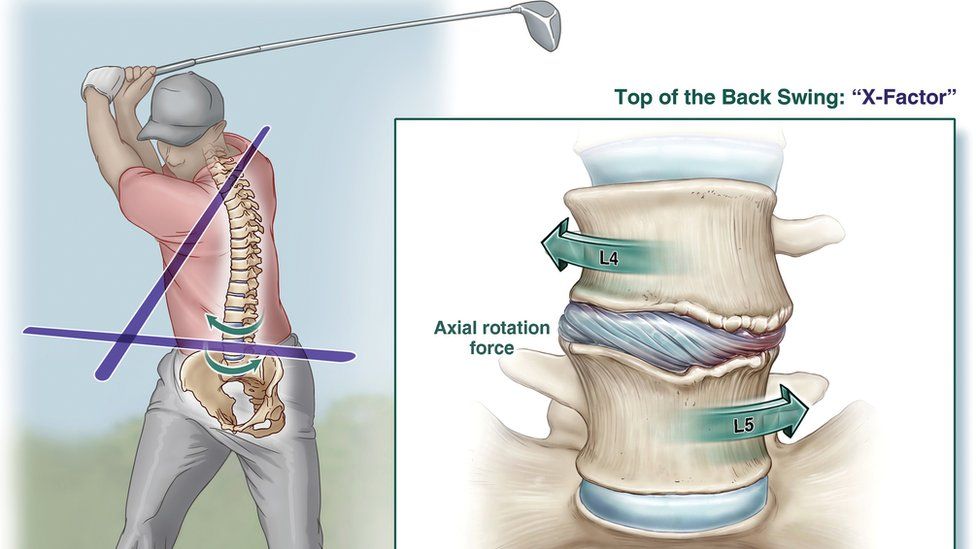
Golfer’s Knee
Golfer’s knee is a common injury caused by the repetitive twisting motion and weight transfer during the golf swing. It manifests as pain around the front of the knee. Golfers can prevent this injury by maintaining proper lower body mechanics, using supportive footwear, and incorporating exercises to strengthen the quadriceps and hamstrings. Rest, ice, physical therapy, and nonsteroidal anti-inflammatory drugs (NSAIDs) are typical treatment options.
Rotator Cuff Injuries
The rotator cuff is a group of muscles and tendons that stabilize the shoulder joint. Golfers are prone to rotator cuff injuries due to the repetitive nature of the golf swing and the strain placed on the shoulder. To prevent these injuries, golfers should focus on proper swing mechanics, warm up the shoulder muscles, and perform strength and flexibility exercises specific to the rotator cuff. Treatment options range from rest, physical therapy, and anti-inflammatory medication to surgical intervention, depending on the severity of the injury.
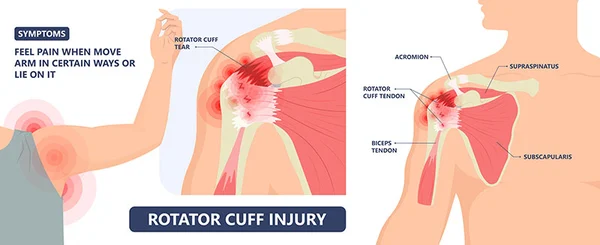
Wrist Injuries
The wrist is subject to significant stress during the golf swing, making it susceptible to injuries such as sprains, strains, and tendonitis. Ligaments supporting our wrists would be exposed to huge amounts of valgus loading. In additions, de Quervain syndome aka thumb pain is a common condition happening among golfers due to repetitive grips. To minimize wrist injuries, golfers should ensure proper grip and swing mechanics, avoid excessive grip pressure, and strengthen the wrist and forearm muscles. Physiotherapy targeting ligament healing, wrist and forearm strengthening, swing mechanics training are proven to be effective to manage golf-related wrist pain.
While golf is generally considered a low-impact sport, golfers are still at risk of various injuries. Understanding the common golf-related injuries, their causes, and implementing preventive measures can help golfers enjoy the game while minimizing the risk of injury. It is crucial to practice proper swing mechanics, warm up adequately, and engage in exercises that improve strength and flexibility. If an injury does occur, seeking timely physiotherapy attention and adhering to appropriate treatment protocols will aid in a speedy recovery and a return to the greens. Remember, a healthy golfer is a happy golfer!
MOVE BETTER. FEEL BETTER. LOOK BETTER.
References:
Do et al. (2011) The relationship between degre of facet tropism and amount of dynamics disc bulge in lumbar spine of patients symptomatic for low back pain.
Recent Posts
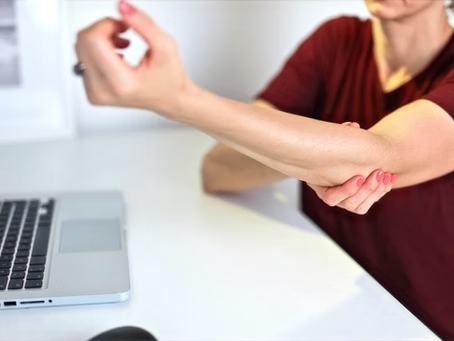
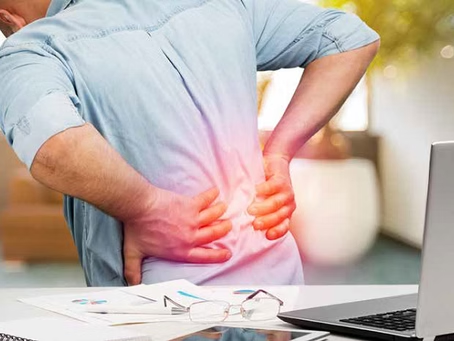
Reclaim Your Strength
Move Pain Free
Live with Confidence
Reach Out Today
Have questions or ready to book? Send us a message and our expert team will get back to you promptly—guiding you toward a stronger, pain-free life.
- admin@helixwellness.com.hk
- +852 6598 0008
-
Mon - Fri 8:00 am – 8:00 pm
Sat 8:00 am – 1:00 pm
Sun & PH Closed - Helix Wellness, 17/F Li Dong Building, 9 Li Yuen Street East, Central, Hong Kong
